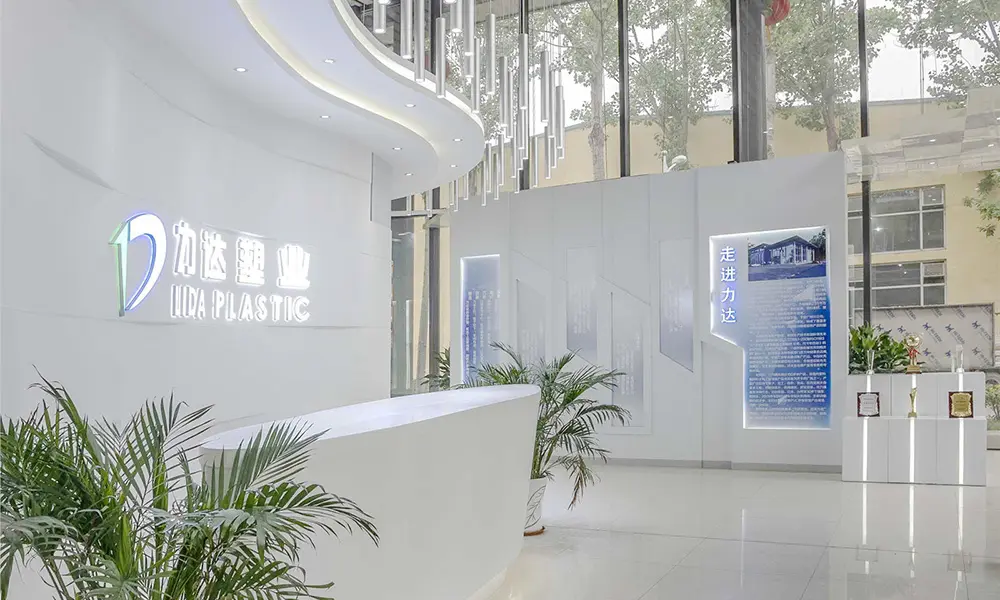اکتبر . 18, 2024 13:26 Back to list
Efficient PVC Pipe Irrigation Solutions for Sustainable Agriculture and Water Management
The Benefits of PVC Pipe Irrigation Systems
Irrigation is a fundamental aspect of modern agriculture, ensuring crops receive the necessary water for optimal growth. Among the various irrigation systems available, PVC pipe irrigation systems have gained popularity due to their durability, flexibility, and cost-effectiveness. This article will explore the advantages of using PVC pipes for irrigation and how they can enhance agricultural productivity.
One of the primary benefits of PVC pipe irrigation systems is their durability. PVC, or polyvinyl chloride, is a synthetic plastic polymer that boasts high tensile strength and resistance to corrosion. Unlike traditional metal pipes, which can rust and deteriorate over time, PVC pipes can withstand harsh environmental conditions, including extreme temperatures and exposure to chemicals. This longevity reduces the need for frequent replacements, making PVC systems a more sustainable investment for farmers.
The Benefits of PVC Pipe Irrigation Systems
Another significant advantage of using PVC for irrigation is its resistance to leakage. Traditional irrigation systems, particularly those made of metal or concrete, can develop leaks over time, leading to water wastage and increased costs. PVC pipes, however, have smooth interior surfaces that minimize friction and reduce the risk of leaks. This efficiency ensures that water reaches the crops without unnecessary loss, promoting better water conservation practices and environmental sustainability.
pvc pipe irrigation system

Cost-effectiveness is also a critical factor that makes PVC pipe irrigation systems appealing to farmers. The raw material for PVC is relatively inexpensive, and the overall setup and maintenance costs are lower compared to other irrigation systems. The reduced need for repairs and replacements further enhances the economic viability of PVC systems. Farmers can allocate their resources more effectively, investing in other essential aspects of their operations, such as seeds and fertilizers.
Moreover, PVC pipe irrigation systems are versatile and can be designed to accommodate various irrigation methods, including drip, sprinkler, and surface irrigation. This adaptability boosts the efficiency of water distribution, ensuring that crops receive the right amount of water at the right time. For instance, drip irrigation systems, which deliver water directly to the plant roots, can be implemented using PVC pipes, leading to higher crop yields and reduced water consumption.
Lastly, PVC pipe irrigation systems support sustainable agricultural practices. By optimizing water usage and minimizing waste, these systems contribute to conserving water resources, which is imperative in many regions facing water scarcity. Additionally, effective irrigation allows for improved crop health and productivity, which can lead to enhanced food security and economic stability for farming communities.
In conclusion, PVC pipe irrigation systems offer a range of benefits that make them an excellent choice for modern agriculture. Their durability, ease of installation, resistance to leakage, cost-effectiveness, versatility, and contribution to sustainability make them a valuable asset for farmers. As agriculture continues to evolve in response to climate change and water management challenges, PVC pipe irrigation systems will play a crucial role in ensuring efficient water use, ultimately enhancing crop productivity and farmer livelihoods. Embracing such innovative irrigation solutions is essential for a sustainable agricultural future.
-
Premium PVC Soft Sheets: Clear, Flexible & Durable
NewsAug.12,2025
-
Premium PVC Round Rods: Durable, Chemical Resistant, Easy to Machine
NewsAug.11,2025
-
PP U-channel: Chemical-Resistant, Lightweight & Durable
NewsAug.10,2025
-
Transparent PVC Pipe: Clear Flexible Tubing for Fluids
NewsAug.09,2025
-
Durable PP Rigid Sheet: Versatile & High-Quality Plastic Panels
NewsAug.08,2025
-
Premium Glossy PP Rigid Sheet – Durable & Versatile
NewsAug.07,2025

